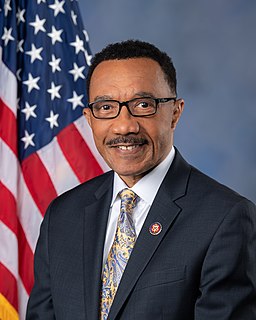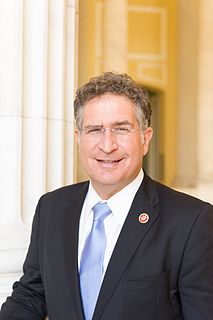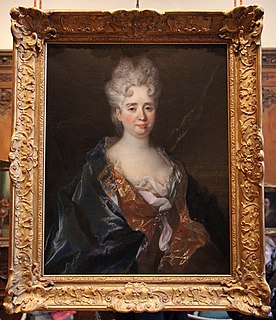A Quote by Elizabeth Gilbert
All the parts of us that we ever were are always going to be with us. You make space to carry them and you just try not to let them drive. But you can't chuck them out either.
Related Quotes
It was so much easier to blame it on Them. It was bleakly depressing to think that They were Us. If it was Them, then nothing was anyone's fault. If it was us, what did that make Me? After all, I'm one of Us. I must be. I've certainly never thought of myself as one of Them. No one ever thinks of themselves as one of Them. We're always one of Us. It's Them that do the bad things.
The nations of the Middle East will have to decide what kind of future they want for themselves for their country and, frankly, for their families and for their children. It's a choice between two futures, and it is a choice America cannot make for you. A better future is only possible if your nations drive out the terrorists and drive out the extremists. Drive them out. Drive them out of your places of worship. Drive them out of your communities. Drive them out of your Holy Land. And drive them out of this earth.
We prided ourselves at Oregon, where teams said they were going to try to beat us down and try to manhandle us, and maybe in the first quarter they were running with us, but it was just, 'Let's see how they are come the fourth quarter when they're tired, and they've had 70 to 80 plays coming at them non-stop.'
My dogs can't do anything--and what a relief. I don't make any demands of them, and I don't try to shape them or their future. For the most part, I trust them to make the right choices for themselves. I always look forward to seeing them, and I love just watching them sleep. What a great relationship.
We buy things. We wear them or put them on our walls, or sit on them, but anyone who wants to can take them away from us. Or break them.
...
Long after he's dead, someone else will own those stupid little boxes, and then someone after him, just as someone owned them before he did. But no one ever thinks of that: objects survive us and go on living. It's stupid to believe we own them. And it's sinful for them to be so important.
The Americans say that we are ungrateful-but I ask them for heaven's sake, what should we be grateful to them for-for murdering our fathers and mothers?-Or do they wish us to return thanks to them for chaining and handcuffing us, branding us, cramming fire down our throats, or for keeping us in slavery, and beating us nearly or quite to death to make us work in ignorance and miseries, to support them and their families. They certainly think we are a gang of fools.






































